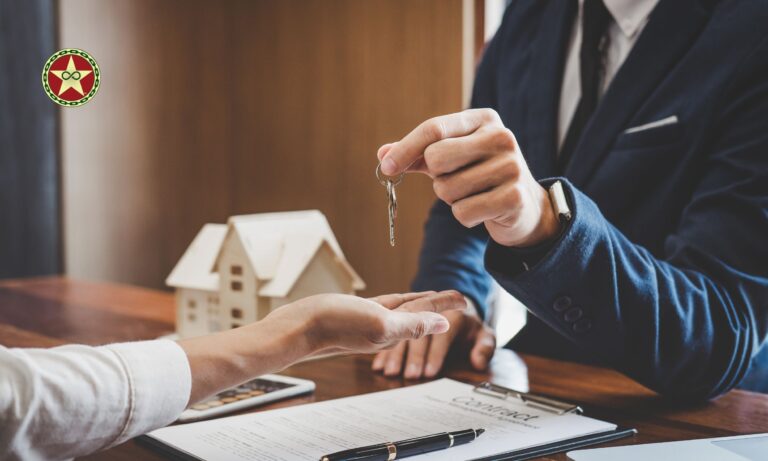Just because you have poor credit doesn’t mean you have to abandon all hopes of purchasing a house. There are specialized lending programs established with the express purpose of helping folks with less-than-stellar credit scores actually buy homes. If you’re not feeling too good about your FICO number, you may take some consolation in the fact that you’re not alone. More than 50 million people in the US have credit scores below 700, for instance, upending what has long been thought of as the ‘normal’ borrowing potential for Americans.
Home loans for people with bad credit―also called subprime loans or non-conforming loans―serve borrowers who have low credit scores or other credit problems. If you fall into this category, there’s a chance you might not qualify for a loan to buy a house, at least not with a traditional lender. Why? Because traditional lenders usually want to see credit scores higher than 620 to issue a mortgage to a borrower. If your credit score is 600, 575, or even lower, then a traditional lender may say you’re a good candidate for a subprime loan.
A frequently encountered sort of home loan for those with poor credit is the one insured by the Federal Housing Administration (FHA). With an FHA loan, individuals with credit scores as low as 500 can get approved from the federal authorities for a subprime home loan. These loans sometimes have a down payment requirement as low as 3.5%, and even then, a good portion of that can be gifted (as crazy as that seems). Having a higher down payment really helps if you can make it happen considering your past credit problems, but it isn’t as much of a requirement as it is with traditional “A” credit loan products.
One possibility is to go with the VA loan, which is guaranteed by the U.S. Department of Veterans Affairs. This loan benefit program is only open to a certain number of individuals—primarily active-duty military members and veterans, as well as their surviving spouses. Although lenders can still opt to look for a minimum credit score when processing a VA loan, the official rule is that the VA loan program remains unique in that it doesn’t have an automatic disqualification process that’s triggered by a poor credit history.
For people with poor credit who want to buy a house in a rural area, a USDA loan is one possible choice. USDA loans are backed by the U.S. Department of Agriculture and are often referred to as “rural development loans.” Because the purpose of these loans is to promote the growth of rural communities, they carry more restrictive income and location requirements than FHA or VA loans. However, for people who qualify for them, USDA loans can be an excellent way to purchase a home with bad credit and no money for a down payment.
Aside from the loan programs guaranteed by the government, private lenders and niche creditors are available to offer poor credit home loans. These lenders have looser credit requirements and are often willing to work with borrowers with a low credit score due to their past financial issues.
However, it is vital to scrutinize the terms and conditions of these loans, as they often come with higher interest rates and fees than loans offered to borrowers with better credit.
It’s crucial to have a clear understanding of your financial situation and what you want to achieve when you’re considering a bad credit home loan. These loans can allow folks with less-than-stellar credit (or even an outright poor credit history) to become homeowners. Nevertheless, they require a great deal of thought, and in many cases, even more caution. They usually carry higher interest rates, come with pricier fees, and often have penalties and other features that you really wouldn’t want in a loan.
If you can, you should work to improve your credit before you apply for a mortgage. You can do this by paying your bills on time, reducing your debt, and rectifying any errors on your credit report. These are very effective steps to take because positive credit behavior has a strong impact on your credit score.
Teaming up with a well-informed mortgage lender or housing counselor can also be very useful. Such know-how can really pay off; it can help you get ahead and find the white-hat bailout that should result in your keeping your home. These people know what to say and how to say it; they understand not only the rules but also how to comply with them while abiding by the right set of principles. And they remember the huge problems, not just for banks and the federal government but also for individual homeowners, that were caused by serious malfeasance following the crash of 2008.
To sum up, lots of people in the world are not blessed with good credit. Nonetheless, these people deserve the help they can get to purchase their own homes. They can turn to a variety of lenders who will extend loans to them on real estate that they can call theirs. It can be a hard process. You often have to swallow your pride. But with the tenacity of our times and lots of support from lenders who don’t care as much about your bad credit as they do about the collateral you bring to the loan application, you can probably find a way to get the bad credit home loans you need to buy a house.



